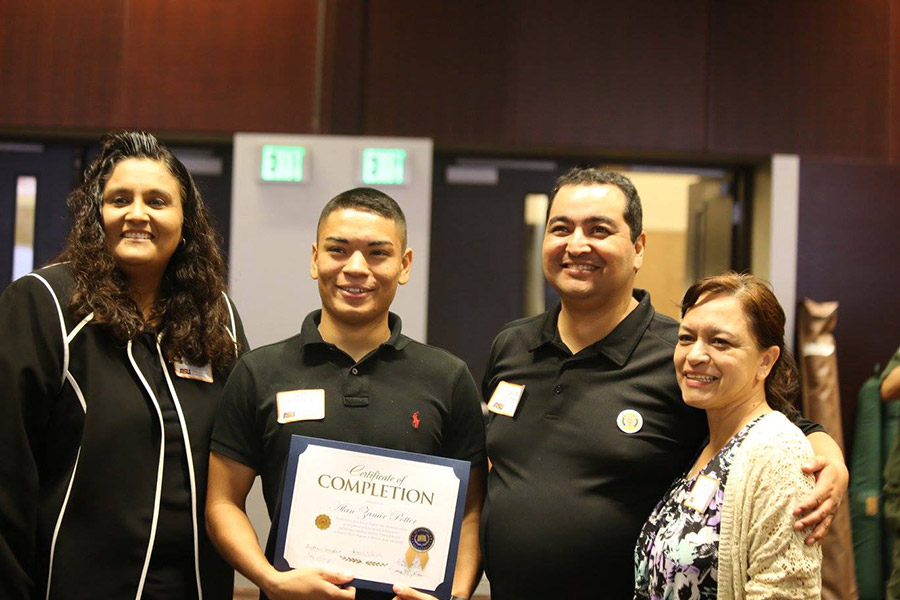
Julia Gusse can’t tell you much about her service in the United States Air Force. She had top-secret clearance.
However, she says a lot about what happens to many veterans who enroll in higher education after discharge with their federal G.I.-bill tuition. “Without guidance — tutoring, counseling on matters like appropriate course selection, and mentoring — a lot of these veterans are set up to fail,” she says.
The Maricopa, Arizona city councilwoman and program coordinator for Veterans Upward Bound (VUB) at Arizona State University (ASU) says that many veterans are understandably eager to start degree programs after discharge, and just as many institutions are willing to accept their federal tuition money from the G.I. bill. But ready and available tuition is hardly a skeleton key to college success. “When vets start taking classes and failing, that’s it. That money is gone. They can’t come back from failure,” she says.
Gusse knows the combined value and importance of both higher education and serving the country. First-generation American, she was raised by strict Mexican immigrant parents in East Los Angeles, California. In high school, she understood that she had limited options and had to make her path. She deduced that enlisting in the armed services was the only way to leave home without becoming homeless.
Several years after discharge from the Air Force, she was working on her bachelor’s degree to become a Spanish teacher at California State University in Los Angeles. She ran up against math requirements and needed help. VUB provided her with a math tutor. She “aced” her exams and continued to earn an M.A. in Library Science. Gusse says VUB set her up for success by helping her figure out which classes to take first and “seeing that her G.I. bill didn’t go to waste.”
Nearly all of the veterans Gusse works with within VUB are first-generation students. “When you get out of the service, no one teaches you the ropes of what to do,” Gusse says. “Sure, you have a way to pay for school, but there are so many different routes a person can take through higher education. Without any guidance, you’re left to figure it out.”
Ranging from 22 to 60 years of age, ASU VUB students are well beyond the reach of high school guidance counselors and programs for aspiring adolescent college students. Some seek retraining because the occupations they held before serving no longer exist. Many return to school with psychological and physical illnesses, PTSD, and injuries. “For these students to get back into the groove takes much more than it would for the traditional student,” Gusse says.
Gusse notes that the veteran population is growing and includes many more women than when she was discharged in 1992. She recruits at V.A. hospitals, American Legion halls, and VFW halls, doing her best to “reach out to every single veteran to make sure they’re getting what they served this country for.”